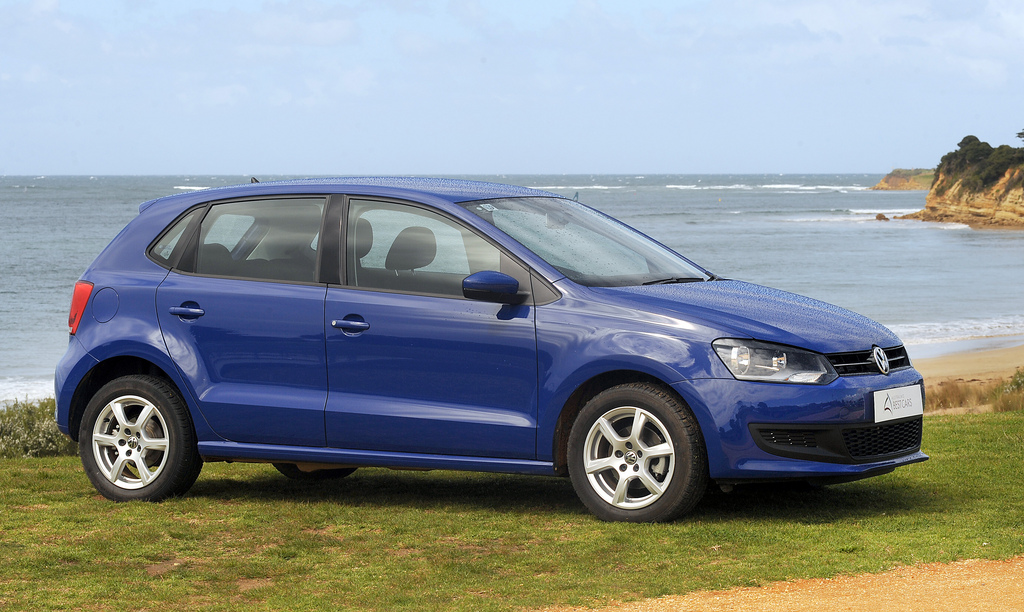
Photo by CC user nrmadriversseat on Flickr
If you are a young person about to buy your first car, the chances are that everyone from your friends to your family have weighed in with advice about what do to, and what not to do. When it comes to making an investment this large, be sure that you also consider the advice of industry experts like Jeffrey W. Lupient. Here are two important things to bear in mind as you get ready to buy your new wheels.
Let your budget be your guide
Without a clear sense of your budget in mind before you start to look at cars, you can set yourself up for disappointment. It can be hard to scale back your expectations once you have set your mind on something that you can’t afford. Before anything else, then, you need to develop a careful budget that takes account not only of the costs of the car itself, but also the costs that go along with car ownership. Most of us will take account of obvious things like gas and insurance – make sure that as you run the numbers on these, you account for the possibility that either or both could go up. Gas prices generally are on a slow upward trend, and insurance prices can increase dramatically and quickly if you are in an accident or have tickets on your record. Other costs include maintenance, regular service, parking permits and meter parking, and depending on where you live, possibly also emissions testing.
Consider buying used
The saying goes that cars begin to devalue as soon as you drive them off the lot. It might not happen this quickly, but as a rule new cars lose about half of their value within the first five years. This means that your budget will go about twice as far with a used car as with new. This can be a great way to go because it not only allows you to have all of the newer safety and design features, but it also might even allow you to have some of the bells and whistles too! Many dealerships will sell certified used cars – although they will probably call them pre-owned or semi-new rather than used. These cars will be more expensive than you are likely to find listed in the local auto-trader, but there are some important advantages – they will be late-model, inspected and refurbished, and will very often come with some sort of extended warranty. This is a great intermediate option between buying new and buying used. Of course, you can find lots of great used cars for sale by their owners – if you go that route, be sure to ask for complete maintenance records. Better yet, get the VIN (vehicle identification number) and run it through a service that allows you to check if it has been in an accident, or if there have been any reported issues.
Because this is such an important purchase, be sure to do your homework and make sure that you understand as much about the process as possible.


